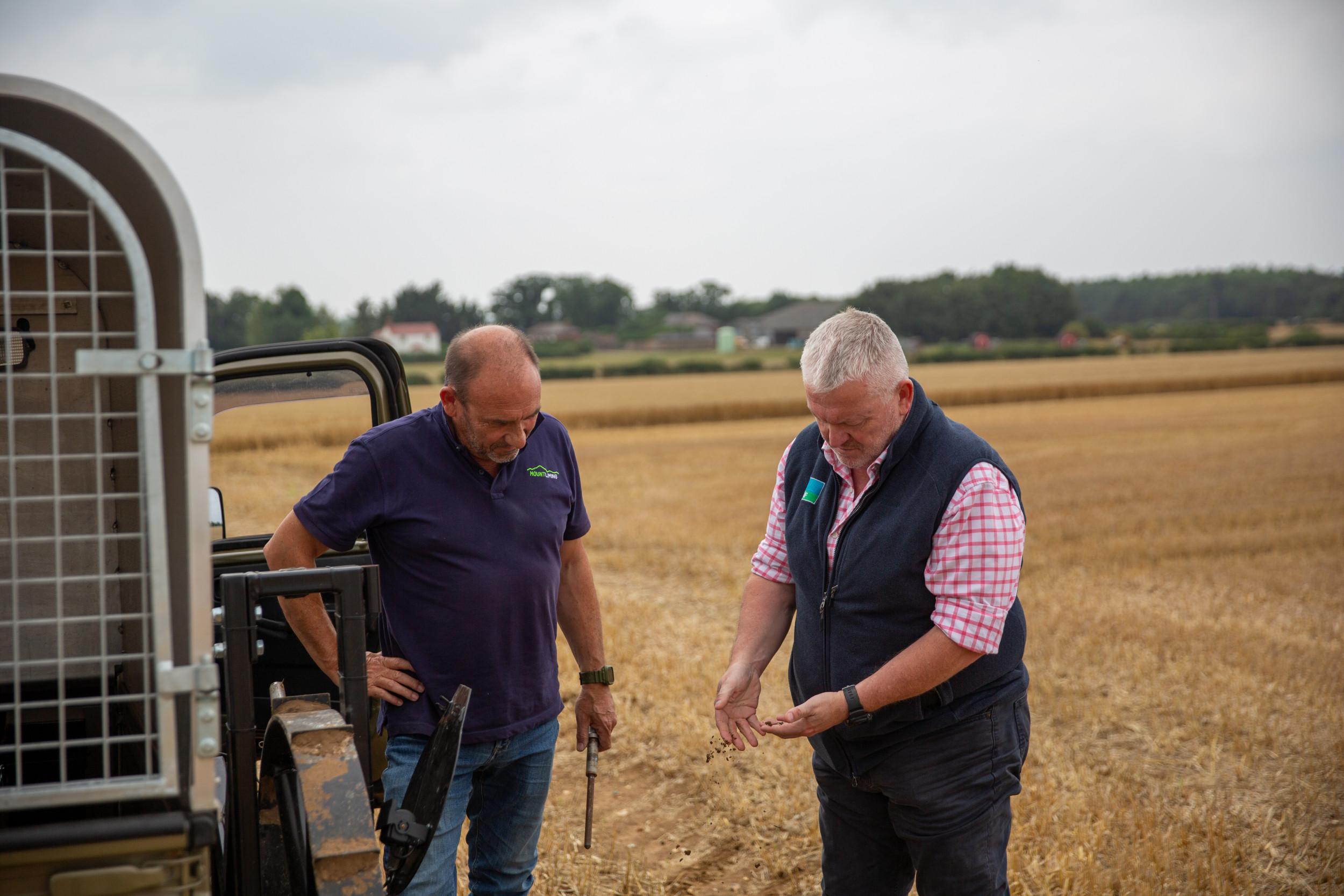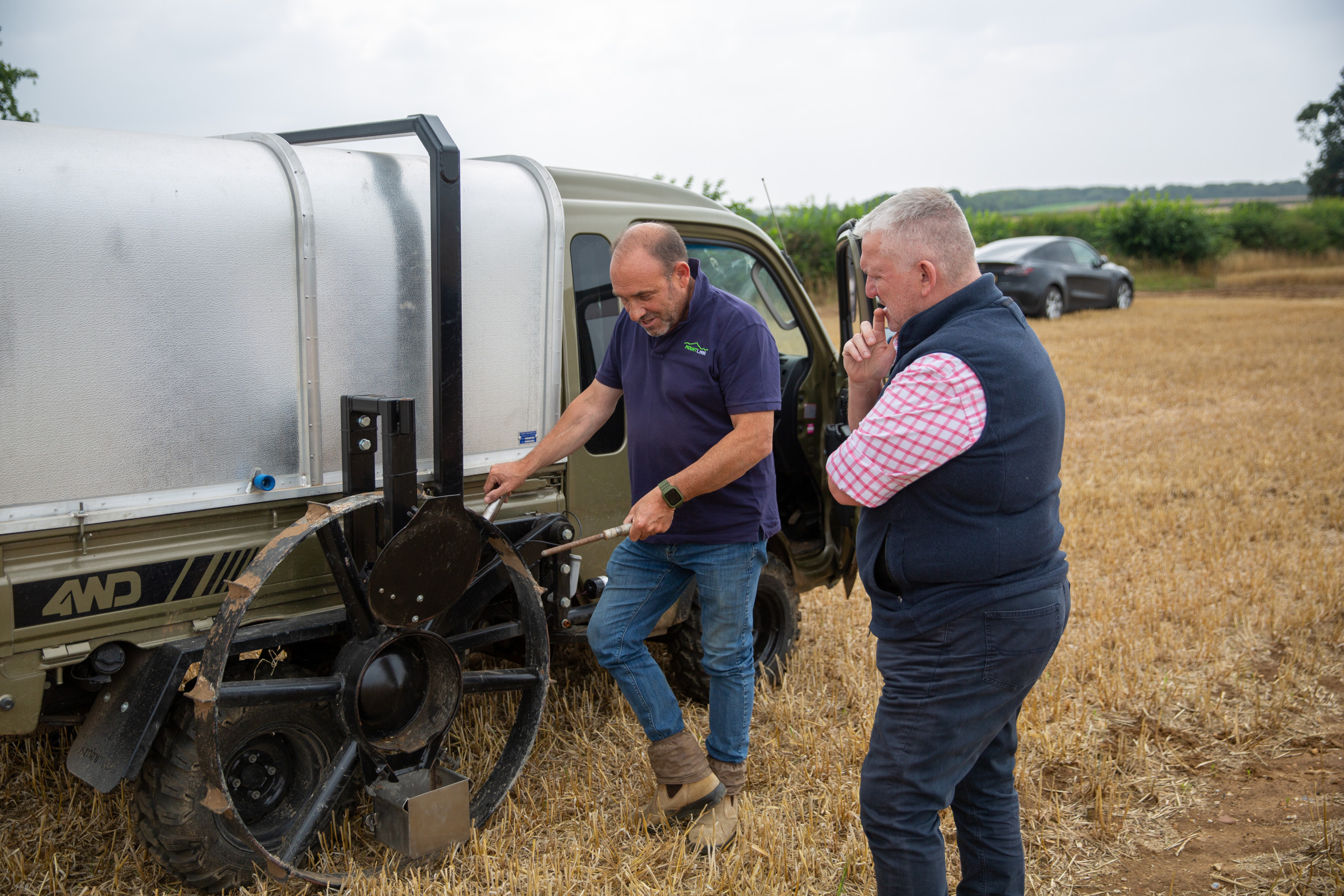Insight
Soil health matters: are you invested in the future of your land?
31 July 2025
Soil supports 95% of our food production, with around 70% of the UK’s soil managed for agricultural purposes (according to UN’s Food & Agriculture Organisation). With different soils having different natural nutrient profiles, organic matter levels, and retaining applied nutrients differently, it’s no wonder that understanding your soil is essential for crop growth and yield. AF Fertiliser Procurement Manager Mark Southwell highlights key benefits of soil sampling & shares top tips from Andrew Mount, Managing Director of AF supplier Keith Mount Liming, on how to soil sample effectively.
Fertiliser prices can be a significant proportion of your crop input costs, so checking your soil status and levels is essential to avoid over (or under) applying.
“The cost of a soil sample is negligible against the price of fertiliser.”
Soil sampling allows you to make cost-effective decisions. It can improve fertiliser use efficiency, enhance soil health, improve crop quality and yield, and increase environmental protection.
If the benefits weren’t enough incentive, in England and Wales the Farming Rules for Water require a current soil analysis (no older than five years) for any cultivated land, especially if fertilisers or manures have been used in the past three years. Similar obligations apply in Scotland where farmers are enrolled in the Whole Farm Plan. This is the recommended minimum to ensure proper nutrient management and environmental protection, with more frequent testing recommended for best practice.
Under the Rules, you must plan fertiliser or manure applications according to the results of soil tests which show pH and levels of:
• Nitrogen (can be determined by assessment of soil nitrogen supply)
• Phosphorus
• Potassium
• Magnesium
Always sample at a similar time of year. Don’t sample one year in the summer and the next in winter.
Try and get as representative of a sample as you can from each field – make sure you cover a good proportion and not just a ‘dig in the gateway’.
There isn’t a silver bullet solution. Focus on the bespoke nutritional requirements of your soil.
 Mark Southwell and Andrew Mount soil testing on farm
Mark Southwell and Andrew Mount soil testing on farm
We partner with independent soil sampling companies like Keith Mount Liming to offer soil analysis for AF Members all over the country.
Get in touch with your AF Fertiliser team today to take the guesswork out of your soil and fertiliser planning.
Want to know other ways your AF Crop Inputs team can save you money and time? Find out here.